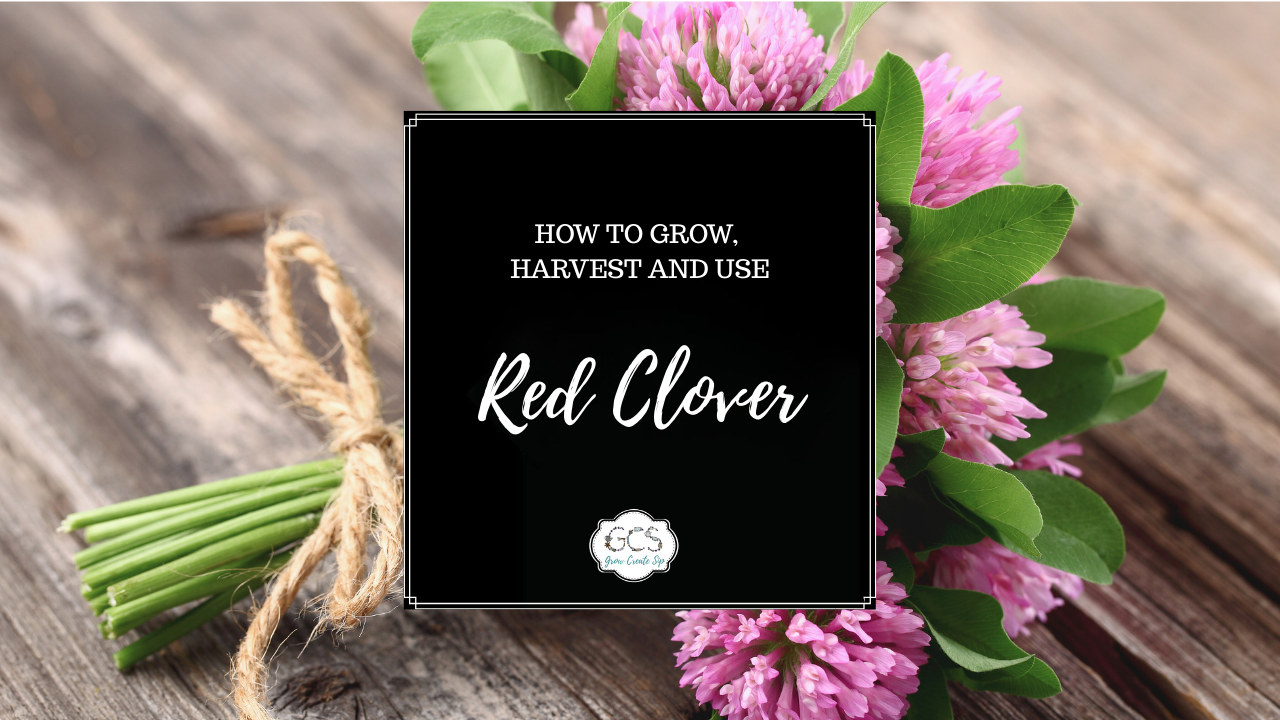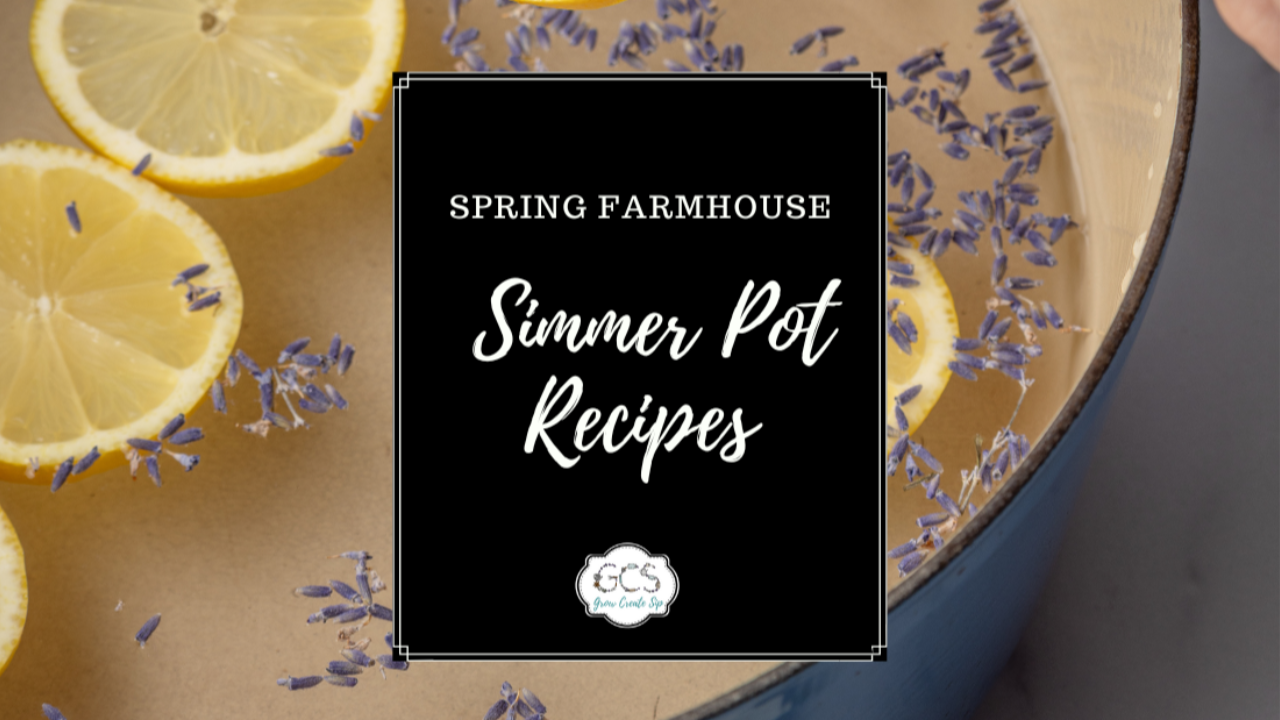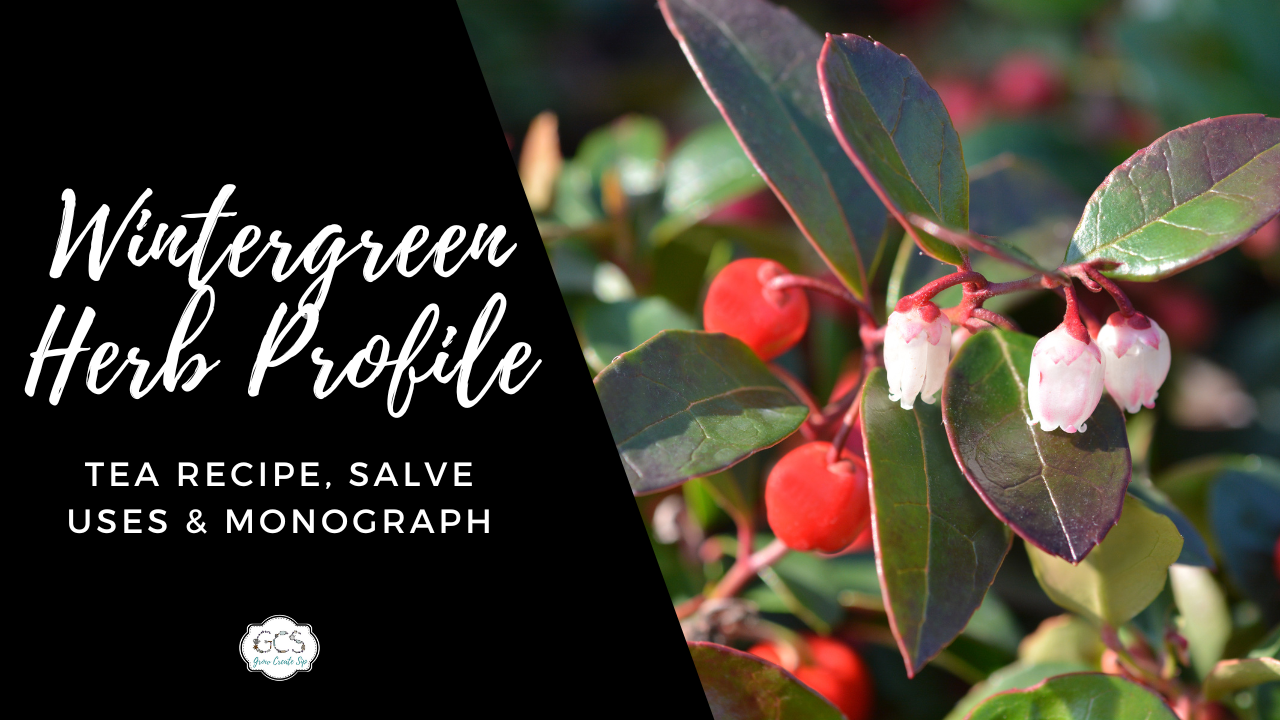How to Make Homemade Chai Tea (Not Instant)
Oct 07, 2024
I’ve always loved chai tea, but I do not love those powdered instant mixes you see at most supermarkets! While mixes are a lot easier and faster to prepare than authentic chai, they usually fall short in terms of flavor, quality, and health benefits. And if you’re anything like me, that’s exactly what you want from an herbal tea!
Homemade chai tea is a much better alternative to instant chai mixes. Below, you’ll find a full guide on how to make your own herbal chai tea at home. You’ll also learn about the benefits of using homemade chai tea mix, how to choose the right ingredients for a perfect cup of chai, and more.
Let’s explore the art of making homemade chai tea and why it’s worth embracing the slower, more rewarding process over instant mixes.

Photo by Kayla Joy Creative
A Brief History of Chai Tea
Chai tea has a rich history that dates back centuries. While the exact timeline is debated, it’s believed to have originated in India as a medicinal beverage. The word “chai” comes from the Hindi word for “tea” and often refers to spiced tea or masala chai. Even back then, they knew the spices used, like cardamom, ginger, and cloves, could have therapeutic benefits and help with digestion, circulation, and respiratory health. We enjoy drinking chai tea all through the winter and colder months! In the summer we enjoy our marsala chai iced!
The Downsides of Instant Chai Mixes
I know instant chai mixes are very convenient… but using them has several drawbacks.
The powdered herbs used in these mixes are exposed to more surface area, which means their flavor and medicinal properties degrade very quickly. The active compounds in herbs can be sensitive to heat and processing — instant mixes are made using both — meaning they may be less potent compared to freshly brewed chai made with whole herbs.
What’s more, many instant mixes are packed with artificial additives and preservatives rather than focusing on pure, natural ingredients. Ingredients such as maltodextrin, extreme amounts of processed sugars, non-fat conventional milk (remember we want raw milk with healthy fats!), and “natural” flavors that could be any chemical made from some natural item - there is nothing natural about them. Plus, those ingredients could have potential health risks like digestive issues, allergies, or headaches. I don’t know about y’all, but… I don’t want any of that junk in my tea, and I especially don’t want to give any of it to my family. Something else to note here: powdered herbs don’t always dissolve completely in water without leaving behind a grainy texture.

The Legal Stuff
This blog is provided by St. Fiacre's Farm LLC for informational purposes only. It does not constitute medical advice, and you should always seek the advice of a qualified healthcare provider for any medical questions or concerns. Please note that we may earn a small commission on any purchases you make through our affiliate links, at no additional cost to you. Thank you for your support!
Health Benefits of Chai Tea
In addition to tasting pretty snazzy, chai tea boasts a range of potential health benefits — there’s a reason why folks have been drinking this for centuries. The herbs and spices used in traditional recipes are rich in antioxidants, which can help protect your cells from damage. Some studies also suggest that chai tea may have anti-inflammatory properties and could help with digestion.
Ginger
Ginger contains compounds like gingerol, which have powerful anti-inflammatory and antioxidant effects, making it great for reducing pain and inflammation. It also helps with digestion and commonly used to reduce nausea. Ginger’s anti-inflammatory properties support the immune system, making it a common remedy for colds and flu. May help lower blood pressure, cholesterol levels, and even reduce blood sugar, contributing to overall heart health.
Cardamom
Cardamom is great for relieving indigestion, bloating, and gas. It has antimicrobial properties that can help fight bacteria and fungus. It improves circulation by promoting circulation, cardamom can support heart health and provide a natural energy boost. Cardamom is also used as a breath freshener.
Cinnamon
Cinnamon helps regulate blood sugar levels and improve insulin sensitivity. It is also known as an anti-inflammatory and antioxidant. Like ginger, cinnamon contains powerful antioxidants, which help reduce inflammation and combat free radicals in the body. Cinnamon can lower cholesterol levels, potentially reducing the risk of heart disease, and it has natural antimicrobial properties.\
Black Pepper
Black pepper contains piperine, which can increase the absorption of nutrients like curcumin (from turmeric) and other compounds. It stimulates the production of stomach acid, which aids digestion and reduces bloating and gas, promoting better digestive health. It is also an anti-inflammatory that may help relieve pain and reduce inflammation.
Star Anise
Star anise is an antiviral and antimicrobial. It contains shikimic acid, a compound used in antiviral drugs. It also has antimicrobial properties that can help fight bacteria and fungi. Star anise supports respiratory health, often being used to relieve cough and cold symptoms. It can help soothe the throat and clear congestion.
Cloves
Cloves are an antioxidant powerhouse that help protect against oxidative stress and chronic disease. They are also anti-inflammatory and often used traditionally on toothaches because of it's numbing effect and antimicrobial properties. Cloves may also help improve digestion and stimulate digestive enzymes.
Based on all of this, all signs point to making your own herbal chai tea at home!

Embrace Slow Living by Making Homemade Chai Tea
The art of making herbal tea at home lies in the slow and deliberate process of brewing it from whole herbs. Not only is it an excuse to slow down in the middle of our otherwise hectic lives, but it’s also a moment to pause and think about our Creator and everything He has created.
Using whole herbs will give your homemade chai tea a more vibrant taste, and you’ll reap all of the benefits of their medicinal properties. Whole herbs boast a higher concentration of bioactive compounds — which are responsible for their medicinal benefits. Going the DIY route also allows you to customize the flavor of your chai tea by adjusting the ratios of the different herbs and spices.
It’s also just such a soothing and peaceful experience. So, while it may take a bit longer to prepare an herbal chai tea recipe, the extra time is well worth the reward of a truly exceptional cuppa.

Homemade Chai Tea Mix Ingredients
Classic chai tea recipes are made of a blend of black tea, spices, and milk. Black tea is the base of it all with its rich flavor and built-in caffeine boost. The spices add depth, warmth, and a touch of sweetness. Let’s take a look at the key herbs and spices used in most recipes:
- Black tea: Opt for a high-quality black tea, such as Assam or Darjeeling. That said, you don’t have to include black tea in your blend if you don’t want the caffeine. I personally can’t drink black tea (or red rooibos) so I always make mine without it.
- Cinnamon: Adds warmth, sweetness, and a hint of spice to the chai.
- Cardamom: Known for its slightly sweet flavor, cardamom is a signature ingredient in chai.
- Ginger: Adds a spicy and peppery kick, plus some digestive benefits.
- Cloves: Inject a strong, sweet, and slightly spicy flavor into the chai.
- Star anise: For a subtle licorice-like flavor and aroma.
- Black pepper: Enhances the overall flavor, adds even more spice, and helps in nutrient absorption.
Other recipes may include fennel, nutmeg, saffron, or other herbs. That’s not to mention some of the naturally flavored herbal chai tea options! Pumpkin spice, sweet maple, rooibos, and cherry are just a few. It just goes to show how versatile chai herbs are — they pair with so many other tasty flavors.
Blending the Perfect Cup of Chai Tea
It may not be as simple as pouring hot water over a powdered mixture, but making homemade chai tea is an easy process all the same.
We love giving homemade tea blends as gifts (make sure to grab this Handmade Christmas E-book). If you want to do the same, instead of adding the tea and spices to a saucepan to brew, place them in a large glass jar. Add a small piece of colorful fabric to the lid, or wrap the jar in a ribbon so it looks cute and festive. Be sure to include a small note with instructions on how to brew the tea!

Homemade Chai Tea Frequently Asked Questions
How long should I steep my homemade chai tea?
The steeping time for homemade chai varies depending on how strong you want it. Generally, steeping for 7-10 minutes is a good starting point. For a stronger flavor, you can leave it for up to 15 minutes. That said, if you leave it too long, the whole thing will taste bitter so keep an eye on it.
How long does homemade chai tea mix last?
When properly stored, homemade chai mixes will keep for up to 18 months. I like to store mine in a large mason jar in the pantry. Make sure to label it with the date so you know how long it’s been there.
Can I use herbal chai tea in baking?
Absolutely! You can use herbal chai tea in cookies, cakes, muffins, or breads. You may have to experiment with quantities to get the right amount of flavor, but we love using this warm and spicy blend in cookies in particular. Just grind your spices and start baking!

Photos by Kayla Joy Creative
Chai, Spicing Life Up
It's time to ditch those instant chai mixes! As you can see, making homemade chai tea is a rewarding and enjoyable experience that allows you to soak up all of the flavor and health benefits of this popular beverage. If you would like to learn more about how to use loose leaf tea in your home make sure to grab our FREE Tea Steeping 101 Guide, If you would rather learn to blend your own tea make sure to grab our FREE Tea Blending workshop! If you are just wanting to sip on chai flavors but not up to blending them make sure to checkout Farmhouse Teas Chai Selection here.
Before you go though, I'd love to know... which Chai do you plan on making first? Do you have a favorite type of chai that you love to drink? Or maybe there is something about Chai that you don't love. Share it all in the comments below and we can all learn from each other more about marsala chai!
More Chai Recipes & Tips
- Dive Deeper: Make a Chai Latte at Home + Pumpkin Latte
- How to Make Ginger Tea from Fresh Ginger Root
- Does Chai Tea Have Caffeine?
- Fennel Tea for Indegestion
- White Cherry Chai Cake Recipe
- D.I.Y. Mulling Spices for Cider & Mulling Wine














